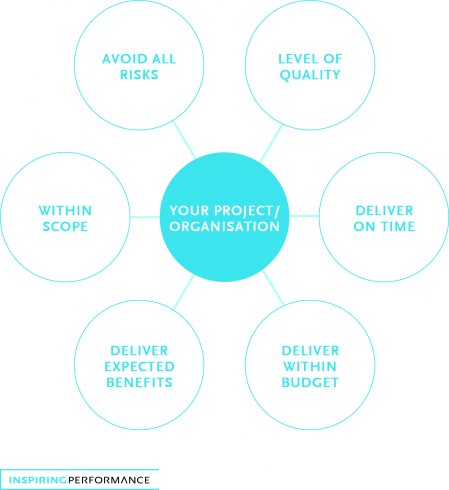In 1810 David Lauristen and nine of his crew were presented with a job that I struggle to comprehend, sealing. Undoubtedly, animal welfare was unlikely an issue then, and it’s not a situation we’ d possibly face in today’s business, but our latest First Crossings certainly got me thinking about ethics.
How do we do our jobs well if our organisations expectations bring moments that question our personal ethics and integrity? And as a leader, how do you deal with your workforce ethics that may differ from your own? Is there a balance to be sought between the individual and the ‘greater good’ of the company? Can you, and should you, attempt to change people’s ethics?
It’d be nice to be proud of every decision and action our organisation and peers make, but rarely others’ value systems will be exactly the same as ours. And at times actions are taken that are simply outside the rules. Think drug taking to enhance an Olympic performance as an example. Let’s not put these into the ethics category and try to justify or rationalise their actions. When the difference between right or wrong is black and white, you’re either a player or a cheat. Simple.
The challenge comes, when the lines are blurred, or as I’ve seen a lot through my work, when a person or organisation hasn’t defined their beliefs and purpose. Purpose being the reason they exist and the value they offer their customer. A phrase quoted by Malcolm X sums it up well – “If you don’t know what you stand for, you’ll fall for anything”.
Excluding the clear-cut situations, we always have to make compromises in our lives. Personal relationships are a constant balancing act of your priorities versus your partners, and finding a middle ground. From a practical point of view, when I’m talking to a client needing help with a projects delivery, there are six ‘levers’ that come into play. As a general rule, it’s possible to guarantee two of these levers. The rest must be negotiated. Which ones do you or your organisation want to ‘die in the ditch’ over?

Of course in business it’s impractical to expect someone experiencing an ethical dilemma to resign. Should an employee of a shoe shop selling a brand previously linked to sweatshops, refuse to sell the products?
Perhaps it’s more useful to think about how you confront those who you believe are working unethically. This can be a tough conversation, and often ends with people focusing on judging others’ values, rather than focusing on the task.
While rowing the Atlantic, Kevin and I made our focus on providing all feedback as action-specific. Only after we’d had a few more rowing shifts to see if our initial concern was in fact correct, would we say so. Effective feedback raises awareness of issues and provides the opportunity to solve them without causing defensiveness. It can even raise performance.
I encourage you to have a think about your own ethics and values, and those of your organisation. How well do you know your purpose and what you stand for? If you’re not so sure you could start by asking – Who are we? What do we believe in? Why do we exist? What are we going to achieve? How will we get there?
Know what you stand for, and you won’t fall for anything.
See all posts